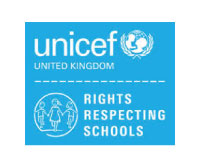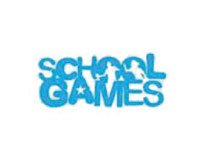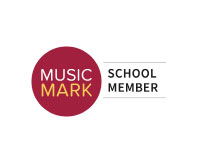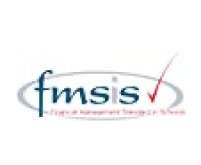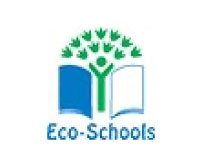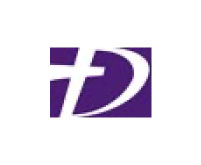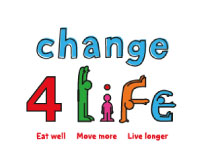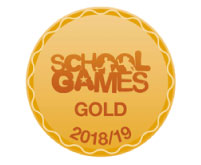
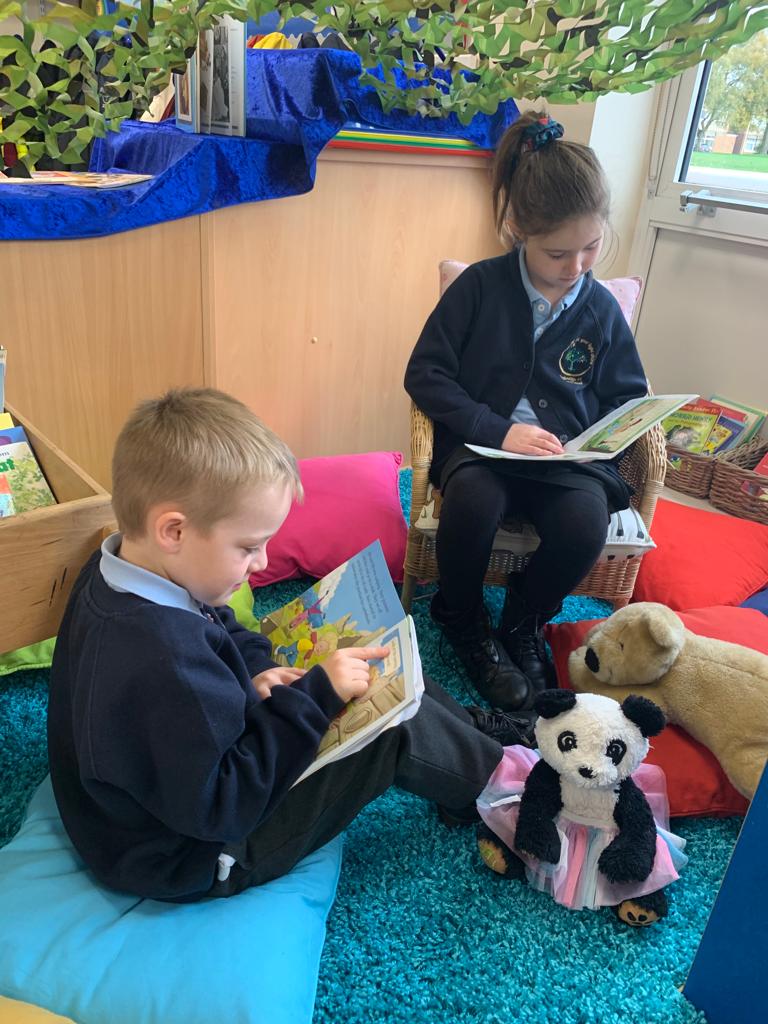
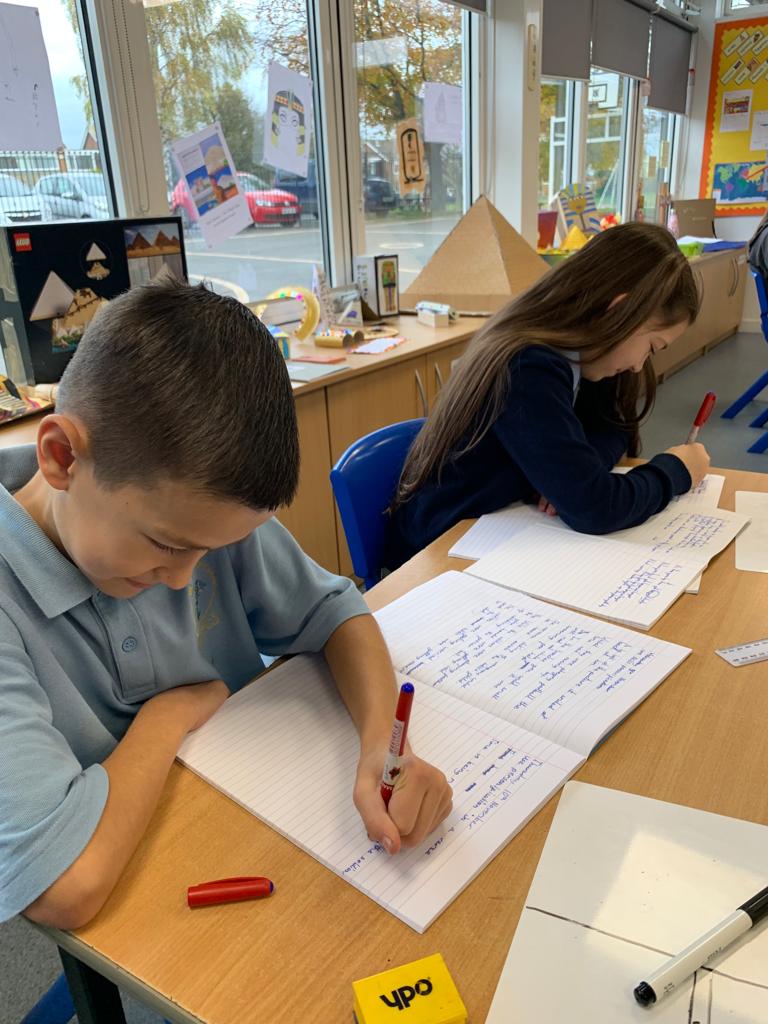
English Curriculum Intent
The National Curriculum clearly states that teaching the English language is an ‘essential, if not the most essential role of a primary school’.
Egglescliffe CE Primary School firmly believes that teaching and learning in English is a crucial part of the whole development of all children, including SEN and disadvantaged children, as it enables them to express themselves creatively and imaginatively and to communicate effectively. We recognise that English is both a subject in its own right but also necessarily cross-curricular as fluency in the English language is an essential foundation for success in all subjects.
Egglescliffe CE Primary School is determined that every pupil will learn to read fluently and with good understanding, regardless of their background, needs or abilities. We aim to inspire an appreciation of our rich and varied literary heritage and a habit of reading widely and often.
It is our aim to develop an enthusiasm for literacy in all its forms and for pupils to develop the confidence to express themselves both orally and through the written word. We want them to write clearly, accurately and coherently, adapting their language and style in and for a range of contexts, purposes and audiences. It is our intention that children refine and edit their own writing. We believe that all pupils should be encouraged to take pride in the presentation of their writing, in part by developing a legible, joined handwriting style. The expectation is that any written work, including for topic work, is of the same high standard as the writing in English books.
The National Curriculum makes clear that learning vocabulary is key to learning and progress across the whole curriculum.It is our aim that pupils are able to access a wider range of words when writing and for them to understand and comprehend texts efficiently.
Implementation
Reading:
The National Curriculum divides reading skills into two dimensions: word reading/ decoding and comprehension. We recognise that both these elements are essential to success and promote the acquisition of both sets of skills through high quality teaching across the curriculum.
We have adopted the Bug Club Phonics Programme, to ensure that phonics is taught in a fast, systematic and engaging way. We have clear expectations of pupils’ phonic progress term-by-term, from Reception to Year 2. To ensure this, we have invested in high quality Phonic Bug books and eBooks, which underpin the sounds pupils have been taught.
Reading is a developmental process and part of life-long learning. Therefore, there is an expectation that every new English unit begins with a quality text which challenges pupils, including the more able. By developing a comprehensive range of reading skills, we aim to foster in the children a love and appreciation of a wide range of literature, including that from our literary heritage. We actively promote reading for pleasure through access to high quality materials; appropriate reading challenges; reading across the curriculum; planned whole school opportunities to ‘Share One Book’ and the daily, ‘Drop Everything and Read’.
Writing:
Even skilled and talented writers find it challenging to control all the aspects of writing simultaneously but at Egglescliffe CE Primary School, writing begins with a quality text. We see writing as a journey through from reading to writing. Following ample time spent reading, analysing, discussing, enacting and reflecting, we introduce modelling and collaborative writing. As the model unfolds, there is a gradual shift in emphasis away from the adult towards independent outcomes. We believe oral rehearsal is integral. We allocate time for editing and revising so children acquire the necessary skills to revise written outcomes independently.
Grammar is an integral part of English and is often taught as part of the English lesson rather than a standalone. Pupils deconstruct model texts in order to create a more meaningful opportunity to use and apply grammar. Discreet spelling sessions encourage children to use and apply taught strategies and patterns rather than commit lists of words to pupils’ long-term memory. Subject specific vocabulary is taught contextually and displayed on learning walls, with the expectation that children apply these words independently and accurately.
Vocabulary:
We actively encourage our pupils to have a wide and growing vocabulary and ensure it is an integral aspect of the teaching of every subject. We provide many opportunities to develop spoken language, for our pupils to speak clearly and confidently and to articulate their views and opinions. Opportunities are maximised to enable pupils to match their style and response to the intended audience and purpose, including pupil voice and student leadership.
Impact
Pupils at Egglescliffe CE Primary School, leave Year 6 with confidence, fluency and understanding of language and literacy. They have a range of independent strategies and transferrable skills and are able to take responsibility for their own learning, including monitoring and correcting their own errors.
The main source of impact can be seen in the quality and breadth of work seen in pupil’s books and the learning environment. We strive to raise the expectation of learners and the quality of work they produce from a curriculum which is designed to provide a depth and wealth of knowledge.
The impact of our curriculum can also be measured against the outcomes of all schools nationally at the end of each key stage. But, most importantly, by how effectively it helps our pupils develop into well rounded individuals who embody our values and carry with them the knowledge, skills and attitudes which will make them lifelong learners.



